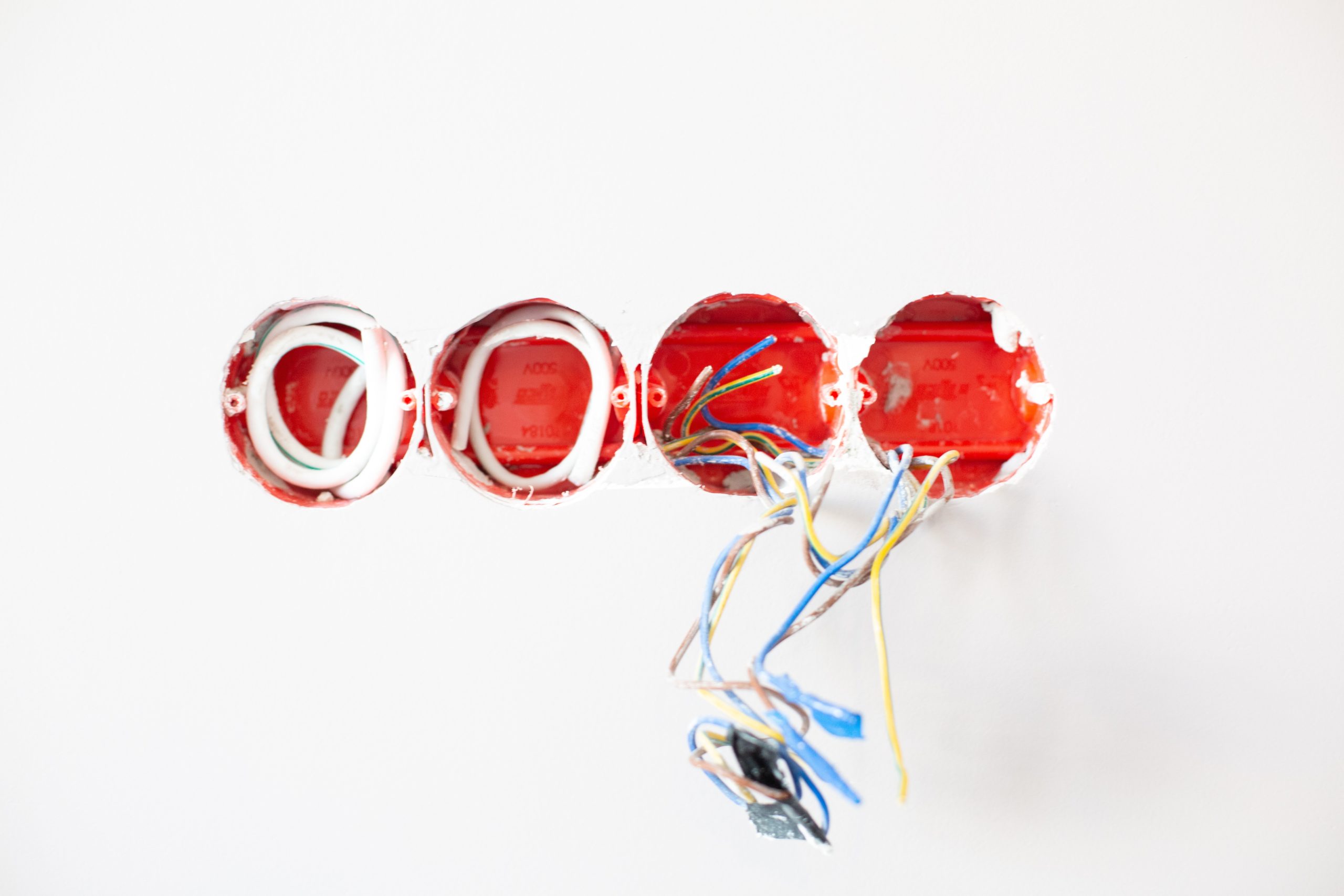Advertisement
Electrical wiring is integral to the way your home functions, from lighting rooms to powering appliances, and charging mobile gadgets. That’s why it’s important to ensure that you have a budget of about $4,000 to $10,000 for wiring a new home, according to price estimates on Fixr. Wiring should also be a vital consideration when remodeling an existing home. That’s because outdated electrical systems in old homes can cause problems if not updated quickly.
Since electricians conceal a large part of the electrical system behind the walls, consider your wiring upgrades along with other projects that involve opening walls and ceilings. Also, list down your current and future electricity needs to ensure your home’s wiring upgrade project is successful. Keep reading to learn a few electrical wiring considerations during home renovations.
Inconvenient Electrical Issues
When people talk about electrical problems, they think about electrocution and fire outbreaks. While such incidents prompt homeowners to have their electrical systems inspected and upgraded, some wiring problems are minor and inconvenient. For example, not having enough electric outlets to meet your family’s growing needs is an issue worth considering when upgrading the electrical system.
With this in mind, think of how many electronics you own. Doing so will help you determine the extra outlets you’ll need to upgrade the kids’ room and home office with computers, TV, and video games. Also, add outlets in the kitchen if you use multiple appliances. By upgrading your electrical system, you’ll solve the problem of unplugging some appliances whenever you want to plug in others.
Protecting Electrical Wiring
Every home requires enough grounding, such as a ground fault circuit interrupter or GFCI that turns off power automatically when water mixes with a plugged-in appliance. So, if your home has inadequate grounding in the kitchen and bathroom, make sure your electrician includes it in the renovation plan. Besides grounding your home’s wiring, think of other ways to keep your wiring and electrical system safe, such as protecting electric wires from rodents.
Rats, mice, and squirrels have a habit of chewing electrical wires. And because exposed wires pose a danger to your loved ones, it’s crucial to find effective methods to prevent rodents from biting them. These steps include setting traps or hiring pest control experts to prevent rodents from entering your property. Likewise, seal cracks and cover your cables with rodent resistant sleeves. Typically, cable sleeves are made of steel, tin, and metal to add an extra layer of protection.
Loose Or Tight Sockets
Too often, homeowners report that their sockets are either too loose or too tight. This means you might plug in a charger or electronic device and it falls out from the socket easily, or the plug might not fit in the socket. As a general rule of thumb, electrical outlets or sockets should grip plugs once plugged in the holes. But sometimes, clips in sockets wear out and fitting in plugs can be frustrating. Other signs of faulty sockets include sparks, noise, burnt marks around sockets, or tingling sensation when you touch the sockets. Therefore, budget for socket upgrades during renovations.
For your home to remain functional, you must ensure the electrical system is up to date. With that said, consider electrical upgrades when planning a home remodeling project. To ensure your electrician meets your current and future electrical needs during renovation, think of inconveniences like inadequate outlets, then plan for extra socket installation. Also, think about protecting your electric wires, have enough grounding, and replace outdated sockets with new ones.

